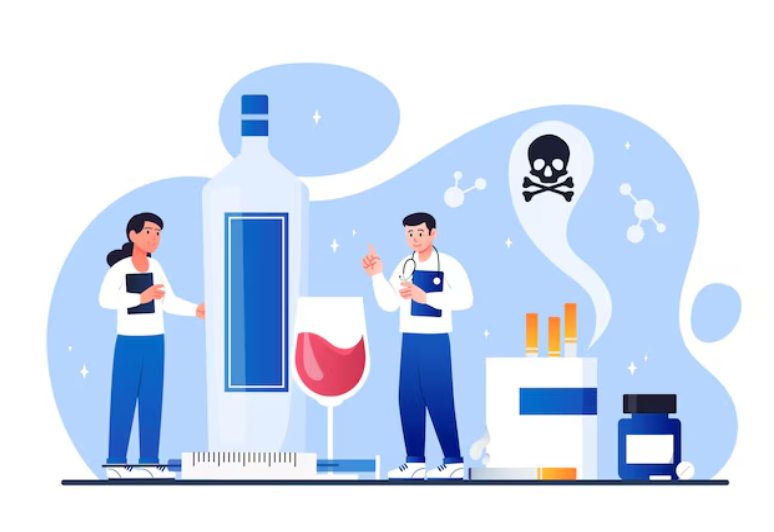Alcohol and Drug Testing

Alcohol and Drug Testing
Alcohol and drug testing is a process used to detect the presence or absence of alcohol or drugs in an individual’s system. There are various methods available for specimen collection to conduct these tests.
What is an Alcohol or Drug Test?
Alcohol and drug tests are used to determine if alcohol or drugs are present in a person’s body. Specimens for these tests can be collected in several ways.
For alcohol testing, a breath specimen can be collected using a breathalyzer. Urine samples can also be used to detect ethanol by-products in the body.
Substance abuse in the workplace, whether it be alcohol or drugs, poses significant risks and liabilities for companies. Implementing regular alcohol and drug testing helps minimize these risks and prevent future issues.
We recommend that alcohol and drug testing be part of a comprehensive workplace policy on substance abuse. Employers and employees both share the responsibility of maintaining a safe work environment.
Key Considerations
The majority of individuals do not consume alcohol or drugs while at work. Some businesses choose to include testing in their workplace safety protocols.
The most common employment-related alcohol and drug tests include:
Pre-employment testing
Random drug testing
Reasonable cause testing
Post-accident testing
When an alcohol test comes back positive, it can indicate a person’s level of impairment but does not reflect how frequently they consume alcohol or whether they have a drinking problem.
DOT-Regulated Employees
Any company involved in the transportation of hazardous materials, whether by air, road, rail, marine, or pipeline, must comply with U.S. Department of Transportation (DOT) regulations.
Non-DOT-Regulated Employees
If your business and employees do not operate in the U.S. or handle hazardous materials, you are not subject to DOT regulations and are classified as a non-DOT-regulated employer.


